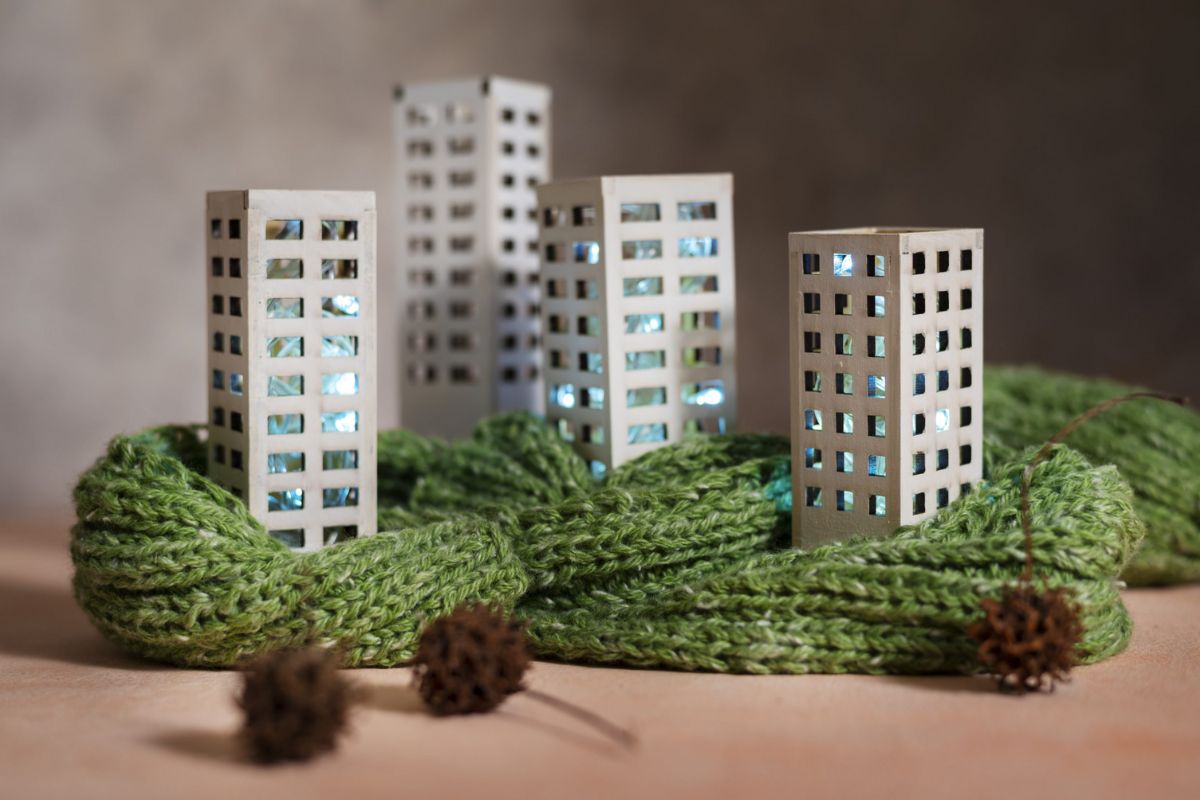Sustainable. Eco-conscious. Or simply green. No matter what you call it or which prefixes you use, being smart with resources is a crucial part of our everyday lives. As climate change puts pressure on supply chains, infrastructure, and people, ensuring your business adapts to a constantly changing world means making simple and smart choices about how you run your property management company. Across the real estate industry, property managers are moving away from short-term thinking and adopting long-term, environmentally friendly practices. You can save money, water, and make your tenants happy by updating your systems to showcase your eco-conscious properties.
You might have been in the property management business a while, but maybe you’re new to the sustainability sector. So, what are sustainable management practices, and how can you begin to implement them? Well, let’s get into it and learn what you can do to cut costs, attract tenants, and be a leader in eco-conscious management.
What is Eco-Conscious Property Management?
Eco-Conscious property management integrates environmentally sustainable practices into everyday operations. The goal is to lower your carbon footprint and those of commercial and residential properties and improve long-term livability. Reducing energy use, conserving water, and limiting waste are all ways to begin.
Property managers with an eye on sustainability are shifting mindsets toward a progressive, holistic approach. Instead of being a late adopter, these managers are at the forefront of eco-conscious development by investing in preventive measures, upgrading materials and systems, and using digital tools to measure the performance of their properties and teams. These changes can make a measurable difference to your bottom line and the environment.
The Benefits of Sustainable Management
Of course, one of the biggest benefits of sustainable management is a healthier environment, but more personally, eco-conscious development can boost your business. Here are some ways sustainable practices can have an impact on your business:
- Lower Operating Costs: Smart systems are more efficient, cutting utility bills
- Tenant Retention: Green properties and amenities are appealing to environmentally aware renters.
- Property Values: Eco-certifications can boost the market appeal of your property.
- Regulatory Readiness: Cash in on government incentives and programs to make upgrades while staying ahead of policy changes.
There are tons of financial programs and incentives geared to assisting and incentivizing property owners to upgrade to more sustainable and eco-friendly materials and systems. Look at your local government for tax rebates, energy-efficient grants, or green certification bonuses. Utilizing governmental support offsets the costs of sustainable renovations, which will pay for themselves.
Smart Upgrades That Make a Big Impact
Energy Efficiency
Some of the most accessible upgrades are upgrading old thermostats to smart thermostats, which offer customizable options and automation. Pair a new smart thermostat with an upgraded HVAC to power up your energy efficiency. Control the interior of your properties from a smartphone or computer.
Also, LED lighting is a great way to reduce energy-hungry incandescent or fluorescent lightbulbs. LEDs are small and easily added to backsplashes and the underside of cabinets to add some light to difficult spaces. For a fun option, LEDs also come with color options. While you’re replacing lights, adding motion sensor lights and switches is another simple change to build on your energy savings.
Water Conservation
Save water with low-flow plumbing fixtures inside and efficient irrigation systems outside. For more water efficiency, creating a drought-resistant landscape can reduce unnecessary water bills for thirsty lawns. An additional bonus of drought-resistant laws is their compliance with seasonal water restrictions.
Indoor Air Quality
We’ve already covered upgrading an HVAC system, but there are other ways to improve the air quality indoors. Using low-VOC materials, improving the ventilation, or just replacing the HVAC filter are all simple ways to enhance the air quality of your indoor environments. Improving the air quality indoors not only makes tenants happy but it can also reduce long-term maintenance needs.
Waste Less, Live More: Material Efficiency
A key pillar of sustainability is waste reduction. Doing renovations or building? Insist on long-lasting, recyclable materials. Making a big purchase? As for bulk purchasing, to cut down on packaging. Are garbage bins constantly full? Offer composting or recycling services on-site. Communities benefit from waste reduction by limiting contributions to landfills, making them cleaner and organized. No one wants to live downwind of a landfill.
Educating Tenants & Building Green Communities
Eco-conscious practices and processes involve shifting to a holistic mindset in which changes are implemented within a larger framework of sustainability rather than short-term Band-Aid solutions. Property managers can lead that shift in focus by providing tenants with welcome kits, sharing eco-friendly tips, posting reminders in shared spaces, or organizing seasonal cleanup and awareness events. Show your leadership of these initiatives and build a stronger, more environmentally minded community.
Data-driven Sustainability: Visual Tools in Action
Now that you’re on the road to sustainability, it’s crucial you monitor your consumption so you can see how much progress you’ve made as well as track where you can make more improvements. Digital dashboards and analytics tools help managers monitor performance across energy, water, and waste systems. These platforms make it easier to identify trends, report improvements, and set new goals. In an article on emerging property management trends, Emily Wilson states, “help[ing] identify underperforming systems and tracking the impact of upgrades” is more important than ever as more property managers make the shift to eco-conscious practices
Make It Last: Long-Term Planning
Thinking holistically is one part of shifting to eco-conscious management, but coupled with long-term strategies is a must. Adding a recognized sustainability certification like LEED or Energy Star will ensure you working towards your sustainability goals and stand out to tenants. Get certified as sustainable, provides structure and credibility, but it also provides a benchmark from which you can monitor your progress over time.
In Summary
When working towards sustainability, the trick is in the name: being sustainable. So don’t rush it, and make sure to plan out your long-term, holistic sustainability goals. Make informed choices, and don’t be seduced by fancy tech or quick marketing ploys. Make a difference by reducing your impact on the environment while improving your operational efficiency. Be proud of the spaces you create with eco-conscious property management.











